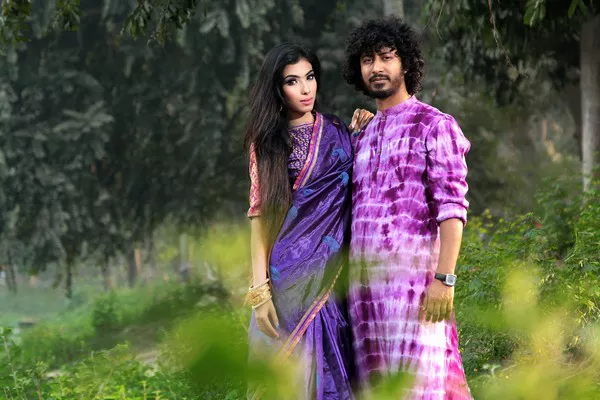Love is a complex and multifaceted emotion that holds a significant place in our lives. It manifests in various forms, each characterized by distinct qualities and dynamics. In this article, we will delve into the four different types of love as outlined by the ancient Greeks: Agape, Eros, Philia, and Storge. By understanding these diverse expressions of love, we can deepen our comprehension of human connections and enrich our relationships.
Agape: Unconditional Love
Selfless and Giving: Agape love is characterized by selflessness and unconditional care for others. It goes beyond personal interests and seeks the well-being of others above all else.
Compassion and Empathy: Agape love entails empathy and understanding. It involves genuinely caring for others and being compassionate towards their needs and struggles.
Eros: Romantic Love
Passionate and Intense: Eros love represents romantic and passionate connections between individuals. It is often associated with desire, attraction, and physical intimacy.
Infatuation and Romantic Attraction: Eros love involves intense infatuation and a strong desire to be close to someone emotionally, mentally, and physically.
Philia: Friendship Love
Deep Companionship: Philia love refers to deep friendship and camaraderie. It is characterized by trust, mutual respect, and shared values.
Loyalty and Support: Philia love involves being a reliable and supportive companion. It is built on a foundation of trust and the willingness to invest time and effort into nurturing the friendship.
Storge: Familial Love
Familiarity and Affection: Storge love is the bond shared between family members. It is based on familiarity, kinship, and a deep sense of belonging.
Nurturing and Protective: Storge love encompasses a nurturing and protective nature. It involves caring for and supporting family members through both joyful and challenging times.
The Interplay of Love Types
Love Types in Relationships: It is common for multiple types of love to coexist within a single relationship. For example, a romantic partnership may involve elements of Eros love, Philia love, and even Agape love, as partners share physical attraction, emotional connection, and selfless acts of care.
Evolution of Love Types: Love types can also evolve over time. What may initially start as an Eros-driven relationship can develop into a deeper connection rooted in Philia love as the couple builds trust, friendship, and shared experiences.
Balancing the Types of Love
Recognizing the Importance of Each Type: Each type of love plays a unique role in our lives. Understanding the value of Agape love’s selflessness, Eros love’s passion, Philia love’s friendship, and Storge love’s family bond allows us to appreciate and prioritize different aspects of our relationships.
Cultivating a Balanced Approach: Striving for a balance among the different types of love can contribute to healthier and more fulfilling relationships. This involves nurturing physical and emotional intimacy (Eros), fostering deep friendships and trust (Philia), practicing selfless acts of kindness (Agape), and cherishing family connections (Storge).
Love’s Expression in Different Relationships
Romantic Relationships: Romantic relationships often involve a combination of Eros love, Philia love, and Agape love. A healthy romantic partnership requires a strong emotional connection, physical attraction, and selfless acts of love and support.
Friendships: Friendships primarily revolve around Philia love. Building strong friendships involves trust, shared interests, and support for one another’s growth and well-being.
Family Bonds: Family relationships are often centered around Storge love. The unconditional love and support within families create a sense of belonging, comfort, and lifelong connections.
Nurturing Love in All its Forms
Effective Communication: Open and honest communication is crucial for nurturing love in all relationships. It allows for understanding, empathy, and the building of deeper connections.
Cultivating Empathy and Compassion: Developing empathy and compassion allows us to better understand the needs and experiences of others, fostering stronger bonds in all types of love.
Prioritizing Self-Care: Taking care of oneself is essential for maintaining healthy relationships. By practicing self-love and self-care, we become better equipped to give and receive love in its various forms.
Conclusion:
Understanding the four different types of love – Agape, Eros, Philia, and Storge – enhances our awareness of the complexities of human connections. By recognizing and embracing these different types of love, we can navigate our relationships with greater compassion, respect, and understanding. From romantic partnerships to friendships and family bonds, each type of love brings its own unique qualities and contributes to the richness of our lives. Nurturing and cultivating love in all its forms allows us to foster deep and meaningful connections that bring joy, fulfillment, and a sense of belonging to our lives.
Related Topics:





















